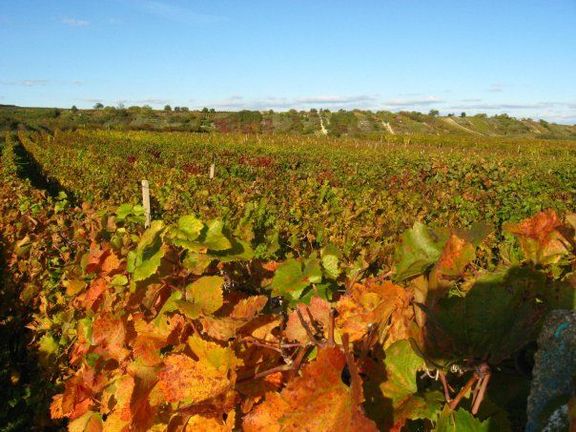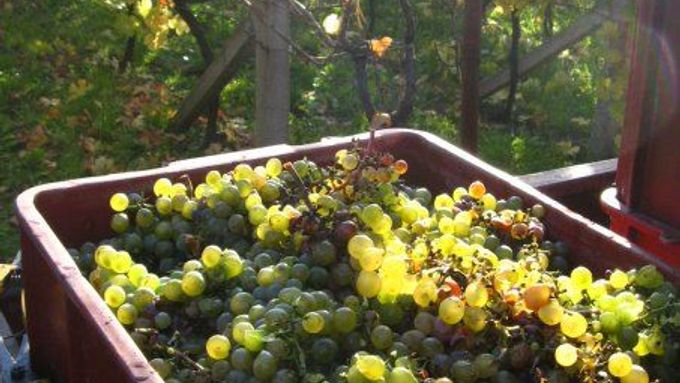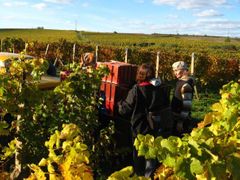Brno - It is the biggest scandal in the history of Czech winemaking. Documents certifying the origin of five and a half million litres of wine were found to be fakes, yet the final verdict is: the case has no principal culprit. Police did not find those responsible.
Last spring, inspectors from the National Agriculture and Food Inspectorate discovered some wines sold on the market and presented as varietal quality domestic vintage wines with special attributes.
Cheap plonk instead of delicacy
In fact, they were cheap imported wines and countries of their origin were extremely difficult to establish. In some cases documentation was missing altogether. This was a gigantic customer cheating racket. People were buying plonk instead of quality wine.
The quantity of counterfeit wines represented up to one tenth of yearly domestic production.
After several months of investigation, police are still unable to find those responsible for faking the certificates for millions of litres of wine.
"The investigation had been closed, yet the perpetrator remains unknown," Jana Šípková, the spokeswoman of the South Moravian Police, told Aktuálně.cz daily.
Should new facts be discovered police might reopen the case, she added.
Wine and punishment
On the other hand, the companies trading with fake wine will not go unpunished. Administrative action was launched against the suppliers around the country who sold the counterfeit product to wineries, Martina Šmídtová, the spokeswoman for the Food Inspectorate, said.

The Inspectorate also handed out its first record-high fines in this case. "We used the maximum sanction available to us: five million CZK each," Ms Šmídtová told Aktuálně.cz.
As most of the administrative procedures are still under way, she would not reveal more details.
The Inspectorate says the wines were originally bought from two companies: Euro-Ring Praha and, on a smaller scale, Formula Cross.
According to the Trade Register both businesses have registered offices at the same address in Prague. Neither of the companies could be found at the address, though, and there seems to be no way of contacting them.
Middle-men in action
Millions of litres of wine then went through more middlemen to four wineries who distributed them on the market.
The State Inspectorate says the four companies were České vinařské závody, Vinařství Zaječí, Livi and Vinařství Mutěnice.
"We are buying them as ready-to-drink wines, so it's just a question of demand and supply. We are not able ourselves to tell whether the origin of a given wine really matches the one stated in the document or not," Jiří Chytil, assistant managing director of Livi winery, said previously.
The difference between a cheap, low-quality wine and more expensive quality wine is considerable. Quality wines, pride of those making them, are produced and sold under special regime.
If a wine trader wants to sell his or her quality wine on he has to ensure it was made exclusively from locally grown grapes.
In case of the quality wine with special attributes, origin, sugar levels, quantities and variety of the grapes used also have to be checked and certified officially.









